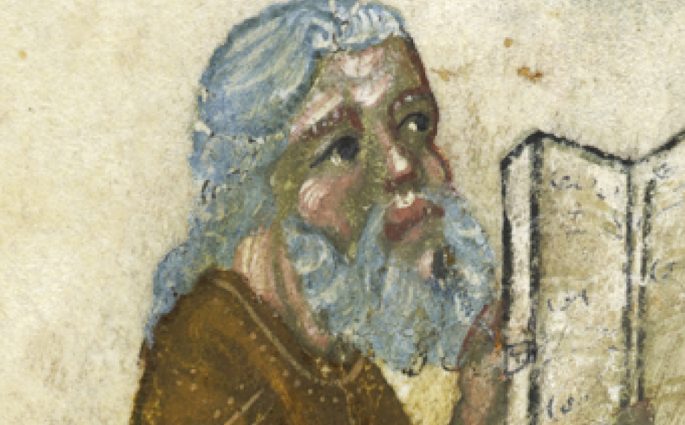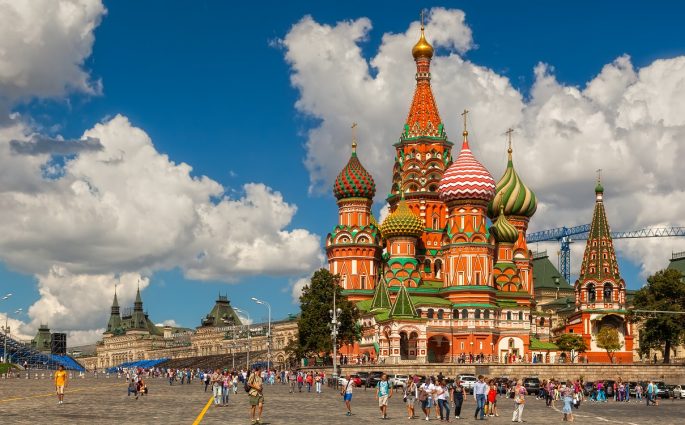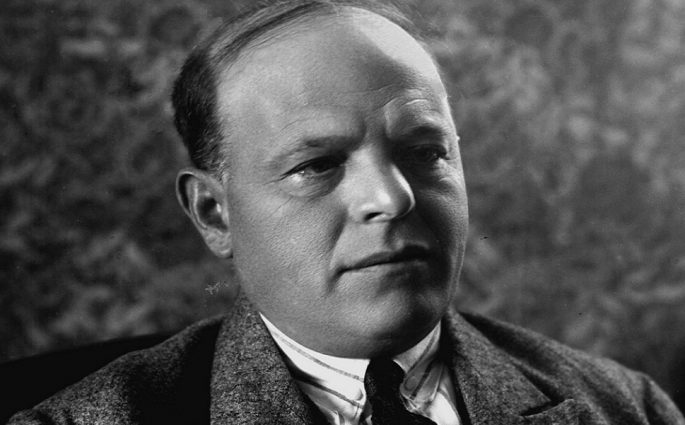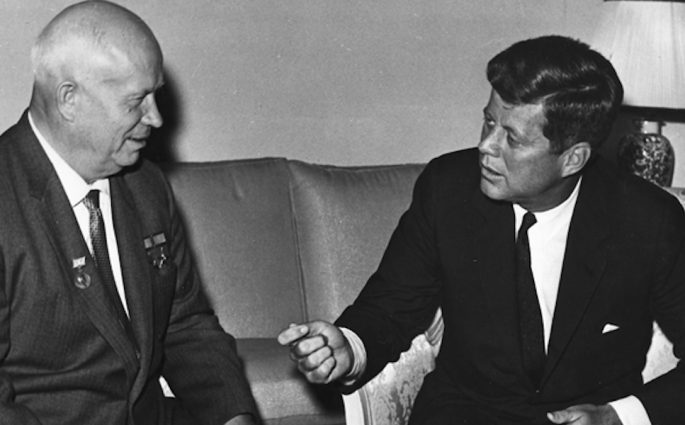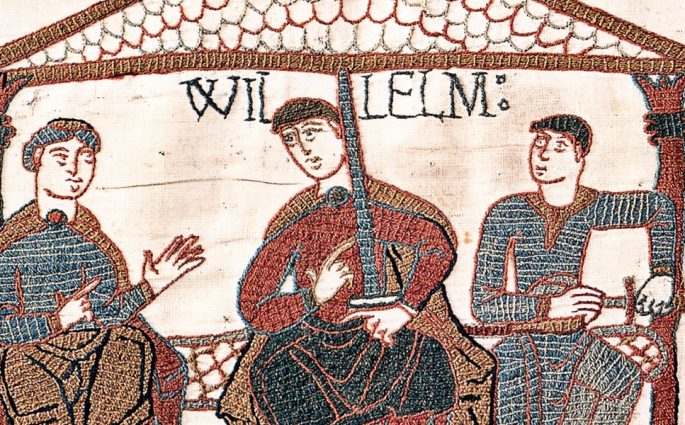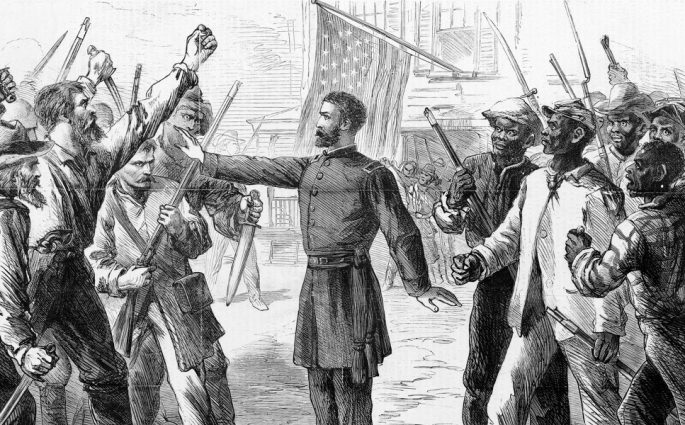Teaching as Lifelong Learning
James M. Banner, Jr. and Harold C. Cannon— For the most skilled and devoted teachers, knowledge comes through an intense love of learning and of a subject, a love whose origins may be mysterious and unknown, awakened perhaps by a chance encounter with a children’s book, by a parent’s praise,


